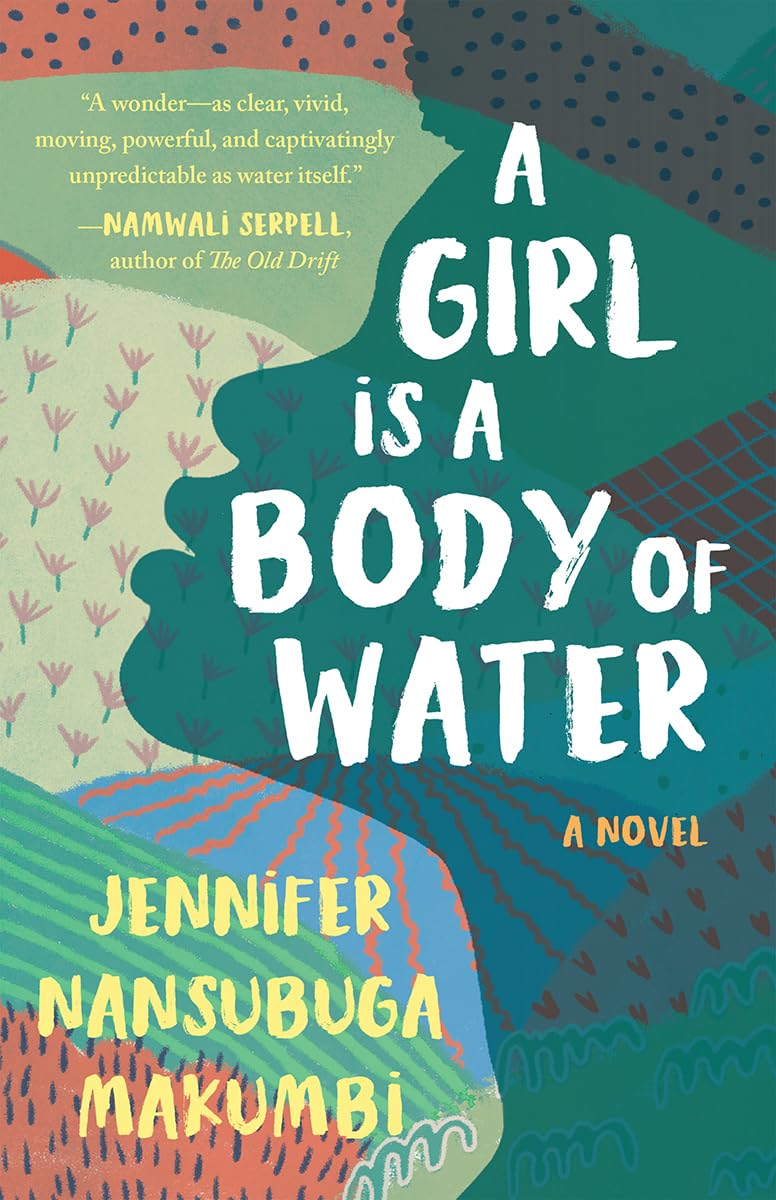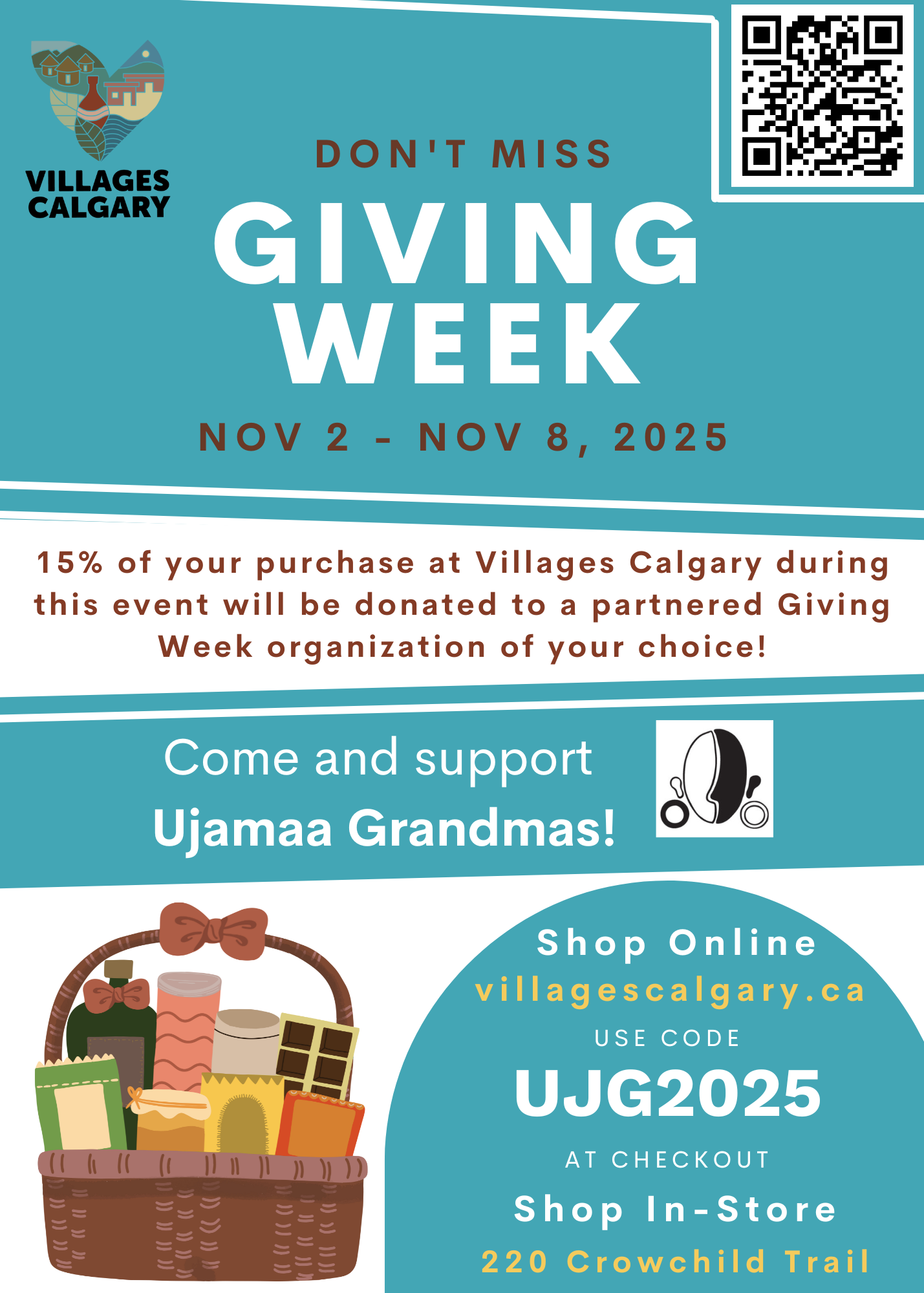 A Girl is a Body of Water by Jennifer Nanasubuga Makumbi, is a coming-of-age story set in 1970s Uganda.
A Girl is a Body of Water by Jennifer Nanasubuga Makumbi, is a coming-of-age story set in 1970s Uganda.
Here is a link to a very positive review of the book from the New York Times.

 A Girl is a Body of Water by Jennifer Nanasubuga Makumbi, is a coming-of-age story set in 1970s Uganda.
A Girl is a Body of Water by Jennifer Nanasubuga Makumbi, is a coming-of-age story set in 1970s Uganda.
Here is a link to a very positive review of the book from the New York Times.
 This an opportunity for UJAMAA GRANDMAS members and their family and friends to raise a few dollars for UG and the Stephen Lewis Foundation through shopping at Villages Calgary during Giving Week, the first week of November.
This an opportunity for UJAMAA GRANDMAS members and their family and friends to raise a few dollars for UG and the Stephen Lewis Foundation through shopping at Villages Calgary during Giving Week, the first week of November.
Shop in person or online from November 2 through 8 and 15% of your total purchases will be directed to us as a Giving Week Partner if, upon checking out at the store or online, customers indicate they are supporting UJAMAA GRANDMAS.
It really is a great little store with a unique selection of hand-made fair-trade products made by artisans from various parts of the world. Find it at 220 Crowchild Trail NW.
See https://villagescalgary.ca/ for more information about the shop..
WHAT: UJAMAA GRANDMAS is hosting the Quirky Climate Fashion Show as a fundraiser.
WHEN: Sunday, November 16 at 2:00 PM
WHERE: Killarney Glengarry Community Association, 2828 – 28th Street S.W.
Tickets available here. Ticket includes the cost of the Show + Refreshments.
To see what this colourful and sometimes humorous show is all about, CLICK HERE.
Calgary Justice Film Festival is returning – this year to The Confluence at 750 – 9 Avenue SE Calgary. Think about coming to see some thought-provoking films and speakers from Thursday, November 6 through Saturday, November 8 from noon to 6:00 PM.
And come check out the Peace Fair on Saturday, November 8.
By now you will have seen the eblast about the bake sale. In past years we have had good success at this event and as all funds are especially needed this year, we are hoping for a good sale. Thank you for baking and thanks for volunteering.
Other Peace Fair booths are also very well worth visiting.
An update on the impact of the Stephen Lewis Foundation (SLF) in Sub-Saharan Africa. Since the Stephen Lewis Foundation was founded in 2003, there have been two decades of progress against HIV and AIDS:
Grandmothers across sub-Saharan Africa have stepped in to care for millions of children orphaned by AIDS, many after losing their own children to the pandemic. SLF partners provide resilience-building support, often led by grandmothers, including healthcare, grief counselling, parenting assistance, leadership training, and income-generation. Grandmothers are developing networks and organizing to claim their human rights and collectively advocate for secure futures at local, national, and international levels.
Submitted by the Education and Awareness Committee (Judy Howe, Charmaine Reddy and Susan Plesuk)